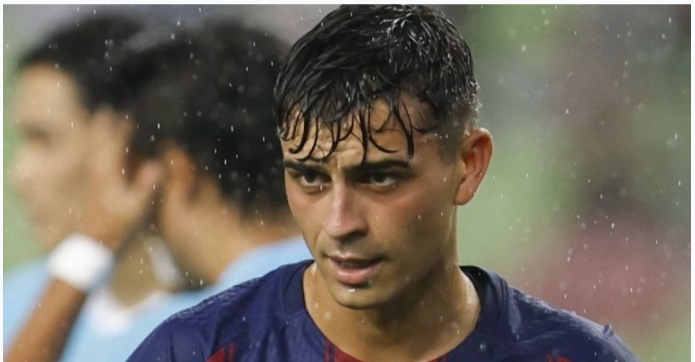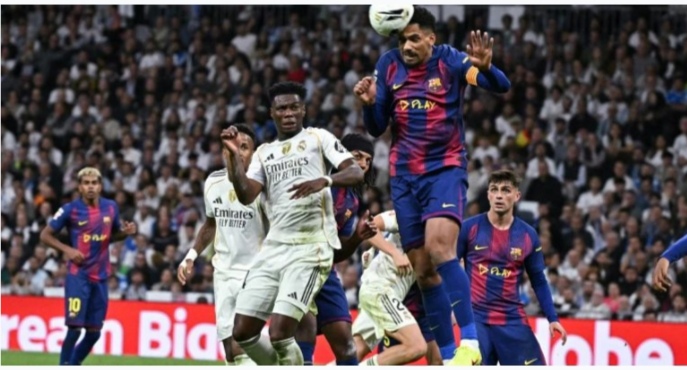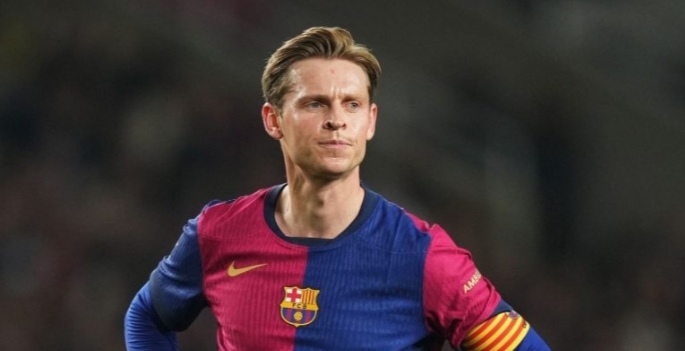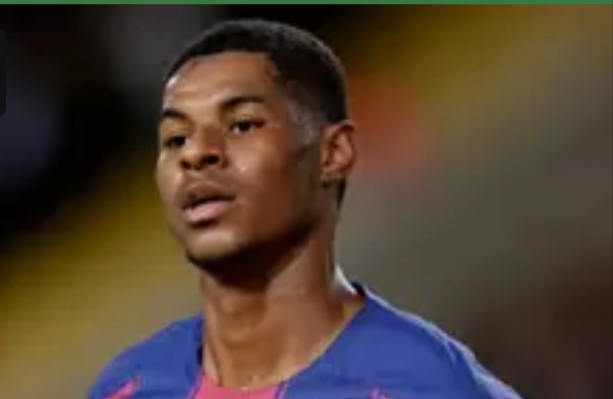Lamine Yamal and the Backwards Cap: A New Generation Redefines the Game
In the world of football, where talent and performance dominate the spotlight, it is rare for a simple fashion choice to ignite a national conversation. Yet that is precisely what happened recently with Lamine Yamal, the 17‑year‑old Spanish sensation.
The Cap that Created a Controversy
Known for his dazzling footwork and tactical intelligence, Yamal found himself making headlines for an unexpected reason — wearing a backwards cap during an official Spanish national team press conference. The incident might have gone unnoticed if not for sharp criticism from José María Gutiérrez, better known as Guti, a Real Madrid legend who spent 15 seasons with the club.
On the popular sports program El Chiringuito, Guti expressed disapproval:
“I don’t know if this is the first time I’ve seen a player show up with a backwards cap. I don’t like it. He represents Spain, and that requires a different image.”
A Debate Between Generations
Guti’s remarks sparked a passionate debate across social media platforms and sports media.
Some defended the veteran’s stance, arguing that wearing the national team shirt comes with an implicit responsibility — to project a respectful and serious image, especially in official settings.
Others came to Yamal’s defense, citing the right to individuality and self‑expression. “He’s 17 and plays like a veteran. Let him be himself,” read one popular tweet, gaining thousands of likes.
Yamal himself remained silent throughout the controversy, choosing to focus on his performance and contribution to the team. Calm and mature beyond his years, he let his football do the talking.
A Sign of the Times
This episode goes far beyond a simple cap. It exposes a deeper cultural and generational shift within football.
For decades, representing a national team came with unwritten rules — suits for press conferences, well‑groomed appearances, and a polished public image. Today’s stars, like Yamal, have grown up in a world shaped by social media and a globalized culture that celebrates individuality and authenticity. Wearing a backwards cap or a tattoo is no longer an act of rebellion, but a reflection of personal identity.
Guti, shaped by a traditional era of discipline and formality, is not wrong to raise questions about decorum. Yet this clash also highlights the urgent need for mentoring and guidance — making sure young stars understand the weight of their role while allowing room for their self‑expression.
“If he’s going to Ibiza or with friends, he can wear the cap however he wants,” Guti added. “But in a press conference with the national team, it’s not appropriate. And the fault is not his — it’s those around him who don’t dare to tell him otherwise.”
The Pressures of a New Age
Today’s young footballers walk a fine line between performance and persona. They are athletes and influencers, exposed to intense scrutiny online and offline. Every word, every glance, and every fashion choice can be dissected, criticized, or celebrated.
The debate has resonated within the Spanish national team itself, with teammates expressing support for Yamal. “Lamine is respectful and hardworking,” one team captain said anonymously. “He didn’t mean any disrespect. He’s young and learning — like we all did.”
Redefining the Game
The controversy sparked reflection within football institutions. FC Barcelona has introduced media and psychological training for young athletes, while the Spanish Football Federation is focusing more on mental health and media literacy. Experts, such as sports psychologist Marta Gallego, emphasize that:
“The emotional and psychological development of young athletes is as crucial as their technical training. Cases like Jude Bellingham and Ansu Fati have shown how vital mental resilience is for long‑term success.”
A New Generation Emerges
Yamal is part of a new wave of footballers shaped by digital culture, diversity, and a desire for authenticity. The challenge for clubs, federations, and mentors is to bridge the gap — offering guidance that doesn’t stifle identity, and honoring traditions that don’t reject progress.
As sports sociologist Ernesto Rodríguez reminds us:
“Legends aren’t just about trophies. They’re about passing on wisdom with empathy and humility.”
The Bigger Picture
At its core, this debate is about more than a cap. It’s about understanding that football, like society itself, is evolving. Young stars like Lamine Yamal aren’t here to fit old molds. They’re here to redefine the game — on and off the pitch.
For fans, the episode is a reminder that every rising star is also a person — young, vulnerable, and still growing. The future of the sport rests not just on their talents, but on an environment that allows them to flourish authentically, with the support and understanding they deserve.








